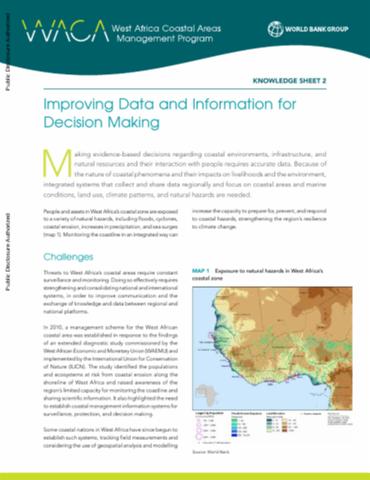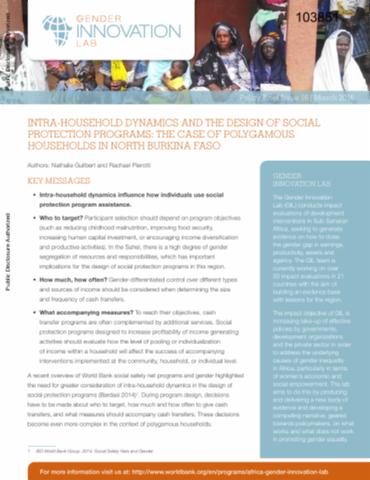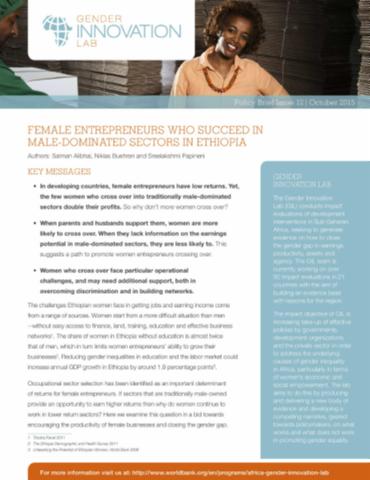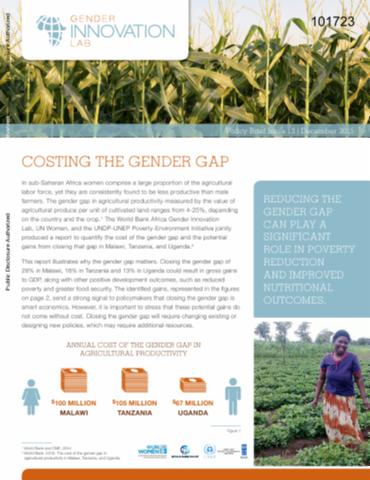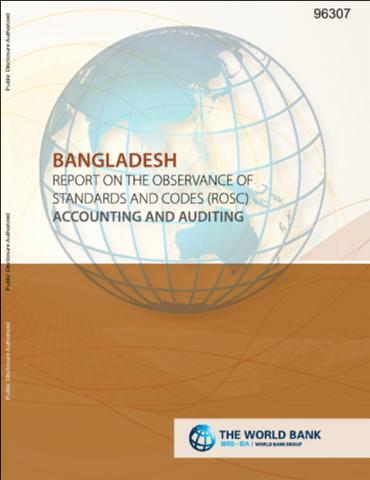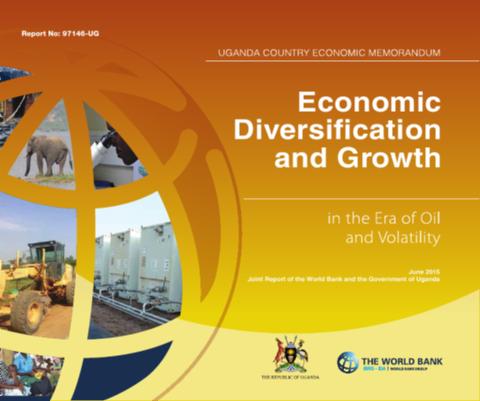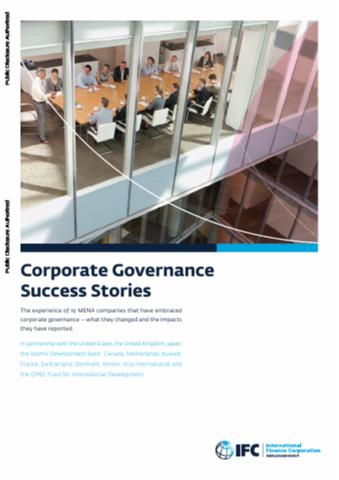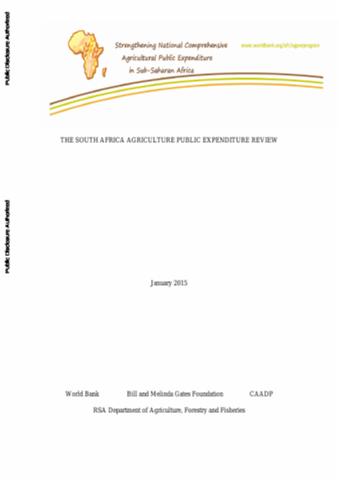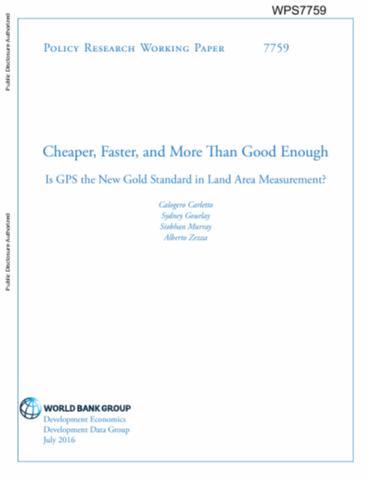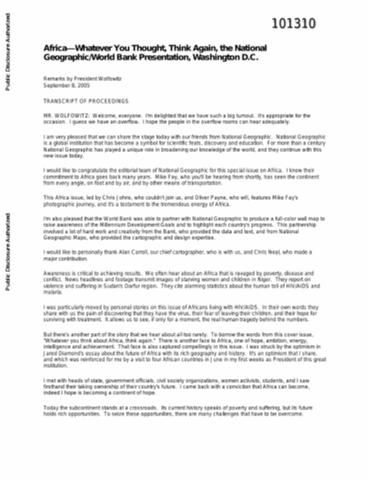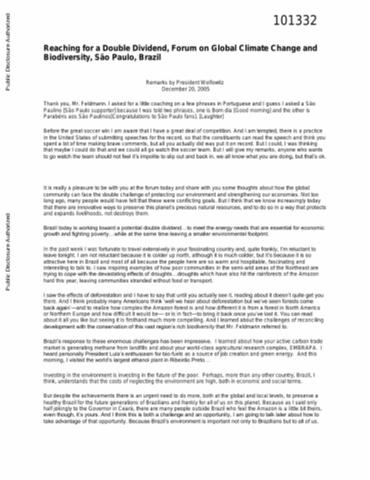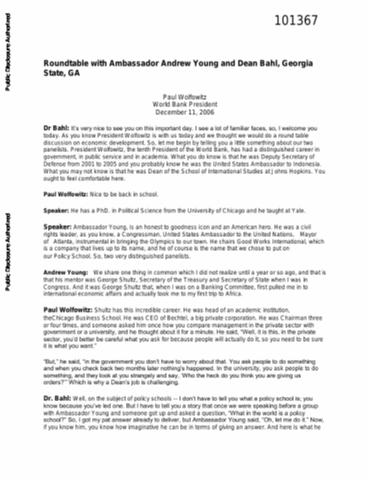Improving Data and Information for Decision Making
Making evidence-based decisions regarding coastal environments, infrastructure, and natural resources and their interaction with people requires accurate data. Because of the nature of coastal phenomena and their impacts on livelihoods and the environment, integrated systems that collect and share data regionally and focus on coastal areas and marine conditions, land use, climate patterns, and natural hazards are needed. Monitoring coastal areas requires scientific input, public-private partnerships, and an interconnected effort among national and regional actors.

